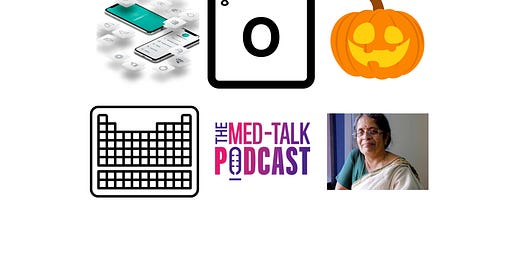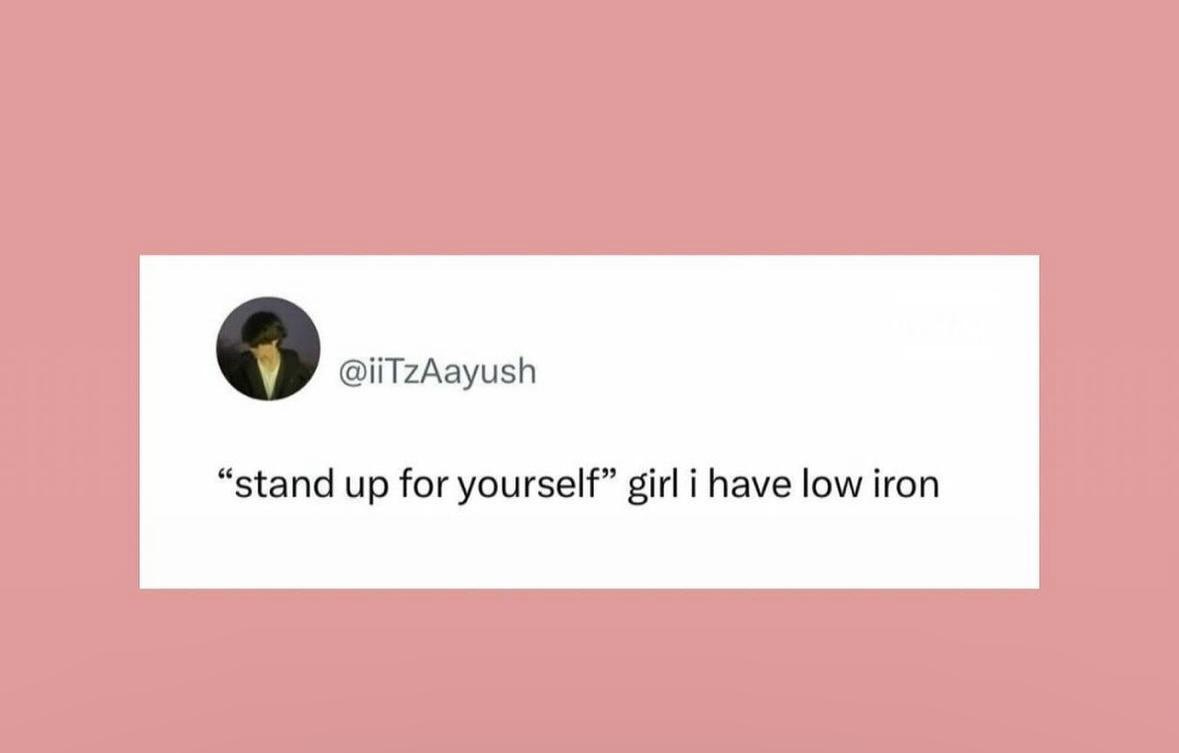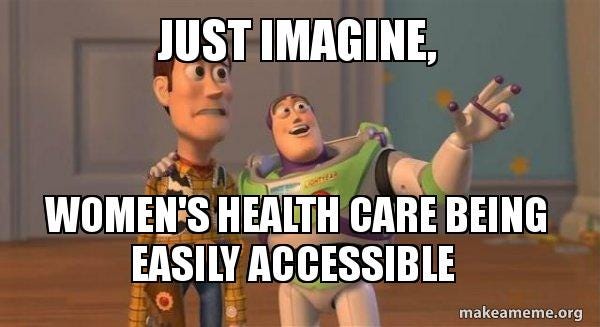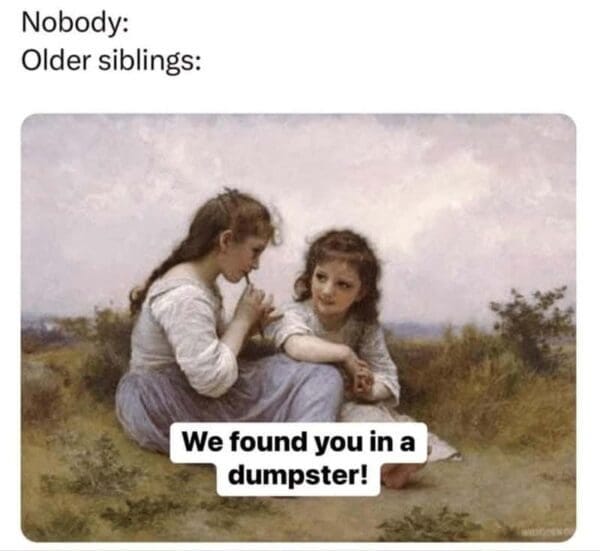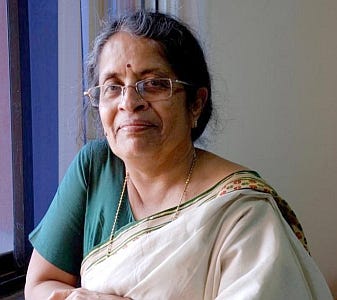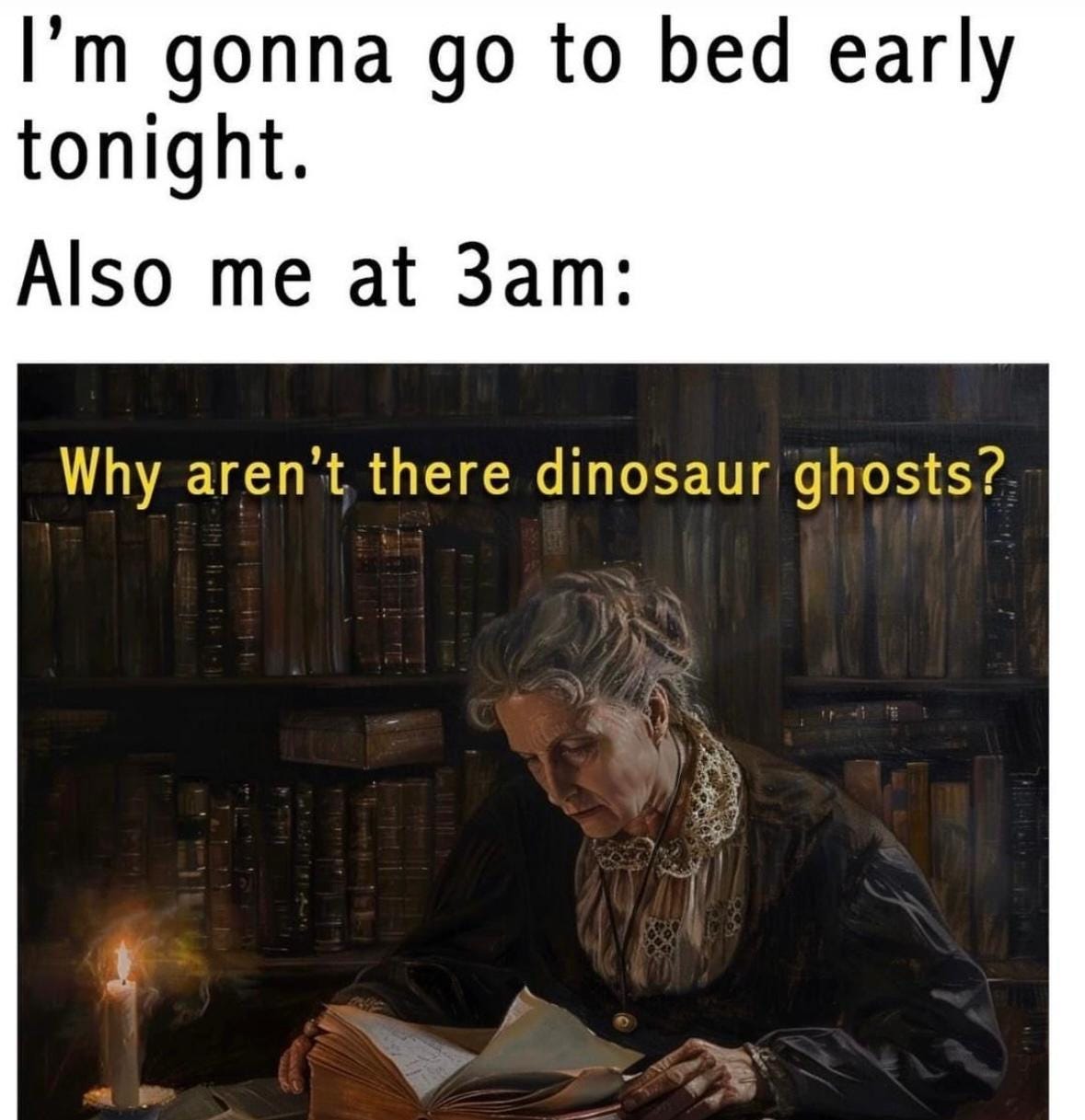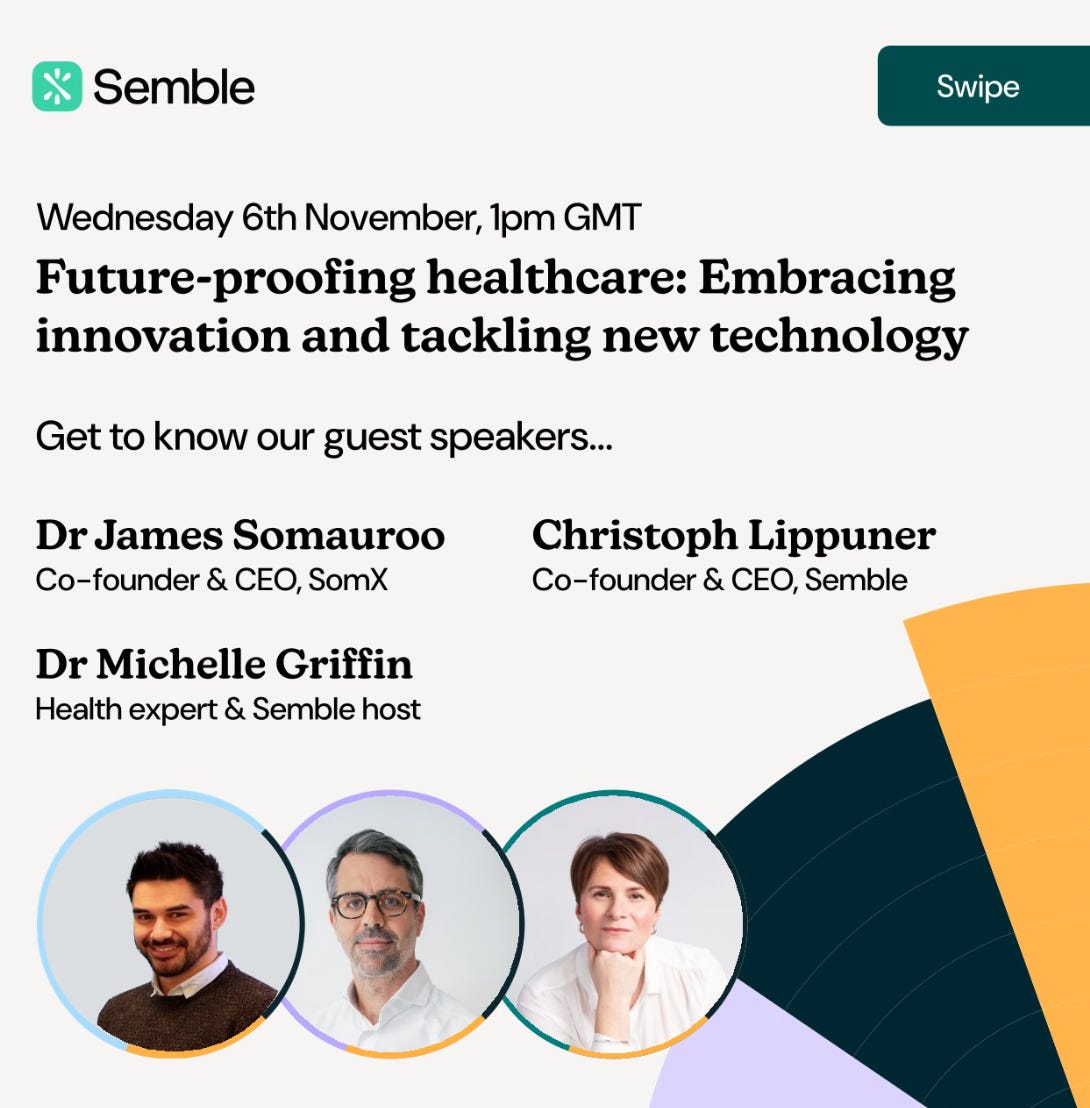Issue 16: Women of Science Oct '24
News, profiles, research, reviews, recommendations on all things women in science
Welcome back to another October edition of WOSc - the weekly newsletter covering all things women in science 📈🧠📚𝞹 (and Happy Halloween to those who celebrate! 🎃 👻⚰️)
🔬 What to expect?
All subscribers receive the free edition covering highlights in media, awards and discovery as well as things to read, see and watch re: women in science. Drops every Tuesday. Tell your friends:
Thank you for joining. Enjoy the read.
A quick run-down of this issue:
Abstract & Intro: News and updates on all things women of and in science
Materials, Methods, Discussion: WOSc Profile - Rohini Godbole
Conclusions & Further Reading: Our media & content recommendations for your weekAbstract & Intro
Your rundown of headlines, news, notes & media snippets re: women of science
📌 Health economics: Women's health economics: investing in the 51 per cent
The NHS Confederation recently released their report that evidences the potential return on investment for every additional £1 that is invested in women’s health services throughout the NHS.
📌 Tech: ICB launches a women’s health app by HCI with trusted information to enable self-help
A huge amount of online health advice is aimed at women. ICB argues that now there is a safe and convenient way to cut through the misinformation.
📌 Tech: Women In Tech organisation, founded by Co Down entrepreneur Máirin Murray, launches in the US
Women in tech organisation TechFoundHer has launched in America participating in a series of high-profile events in Los Angeles and the San Francisco Bay Area focused on advancing equity in tech entrepreneurship for women.
📌 AI: Why AI is the key to unlocking leadership opportunities for women
The FT claims efforts to remove bias will become a strategic advantage for business, and protect its long-term legitimacy
📌 Healthcare: Trial will allow women to book breast diagnostic clinics via NHS App
Women in Somerset, England, with breast lumps will be directly referred to a breast diagnostic clinic via the NHS App under a pilot scheme.
📌 Tech: The ‘huge disadvantage’ women behind femtech phenomenon face
Despite growing demand for female health solutions, businesses are coming up against entrenched prejudice.
📌 Biology: New studies confirm: Big sisters really do have it the worst
Eldest-daughter syndrome is backed by science. It's great news for parents and younger siblings.
& in other brief news:
Materials, Methods, Discussion
This week - a profile of physicist powerhouse Rohini Godbole, who sadly passed away this week at the age of 71…
Rohini Godbole’s career has been nothing short of a quiet revolution. Born in Pune, India, in 1952, she was a rare and brilliant mind from the outset, chasing questions and theories that most would deem far-fetched. And though her interests were from an early age astronomical, she was encouraged to pursue them – even if her path in theoretical physics was not one commonly walked by women.
Godbole’s academic journey began at Pune University where she studied physics, eventually moving on to the Tata Institute of Fundamental Research and then a PhD at the State University of New York (SUNY). Here, as one of the few Indian women studying physics, Godbole found herself blazing a trail she hadn’t quite intended to – yet her achievements spoke for themselves. And while her determination and intellectual prowess set her apart, she was a staunch believer that science ought to be a meritocracy, even in the face of obvious gender imbalances.
Godbole’s pioneering work came as particle physics reached fever pitch in the global scientific community. On returning to India, she joined the Indian Institute of Science (IISc) in Bangalore, focusing on particle physics, phenomenology, and the elusive Higgs boson. Godbole contributed ground-breaking research that offered insight into the Standard Model of physics, expanding the parameters of what physicists at the time knew about particle interactions. Her work was nothing short of ambitious: Godbole’s contributions to the search for supersymmetry helped usher in new theories about dark matter, gravity, and forces that continue to puzzle and inspire.
Godbole also spent much of her life and career highlighting the need for gender equality within the sciences, particularly in India. In 2003, she co-authored a landmark report on the status of women in science; a document that revealed stark inequalities and called for greater inclusivity within scientific institutions. Her commitment to equality was deeply personal – rooted in her experiences of navigating a traditionally male-dominated field.
Today, Godbole’s achievements resonate as a testament to perseverance, curiosity, and a courage to defy conventions. As the recipient of the Padma Shri, one of India’s highest civilian honors, she is celebrated as much for her advocacy as for her scientific contributions. And in 2019, when she was elected as a fellow of The World Academy of Sciences, it was a validation of her decades-long dedication to both her research and her students. For women aspiring to careers in physics, she is a testament to what it means to push through ceilings, discover new horizons, and leave a path of stars behind.
Conclusions & Further Reading
More links & signposts for you to enjoy this week…
The Written Word:
🧪 Marie Curie: Mentor to Women or Martyr to Science? In a new biography, Dava Sobel focuses not just on the legendary physicist and chemist, but on the 45 women who worked in her lab
🖥️ The tech divide driving male and female voters apart Couples can sit a meter apart and experience entirely different worlds through their phones — and this cultural uncoupling doesn’t stop at politics
👩🏻🔬 Women in Chemistry: Q&A with Professor Malika Jeffries-EL Professor Jeffries-EL’s research focuses on the development of organic semiconductors—materials that combine the processing properties of polymers with the electronic properties of semiconductors.
🧍♀️ The full story of how Innovate UK messed with the wrong women
👩🚀 ‘She was right and they were wrong’: the female astronomers hidden by science’s male elite
🎃 7 spooky science stories that will have you hiding behind the couch To unmask the hidden science of Halloween, New Scientist have made these seven premium articles free to read for a week. Enjoy... if you dare!
Pods & vids:
🎙️ The FemTech Series: Analysing the risk of breast cancer recurrence
In this episode of The FemTech Series, Olivia Friett, Editor of Medical Plastics News talk to Dr. Hemmel Amrania PhD, CEO of Digistain, a company that has won multiple awards for its transformative breast cancer biomarker analytics.
Opportunities:
Future-proofing healthcare: Embracing innovation and tackling new technology
Explore the future of health tech with Semble Co-founder and CEO, Christoph Lippuner, who will be joined by Co-founder and CEO of SomX, Dr James Somauroo. The session will be hosted by women's health expert and advisor, Dr Michelle Griffin.
📍 Wed, 06 Nov 13:00 - 13:45 GMT Online
That’s all for this issue!
Thank you for reading: The WoS mission is to support, share and promote the innovative and groundbreaking work that has been and continues to be done by women across all scientific disciplines, and to empower and inspire the next generation of female leaders in the field.
If you liked it, here’s another reminder to share us with your friends, network, neighbours, coffee baristas ☕ etc.:

